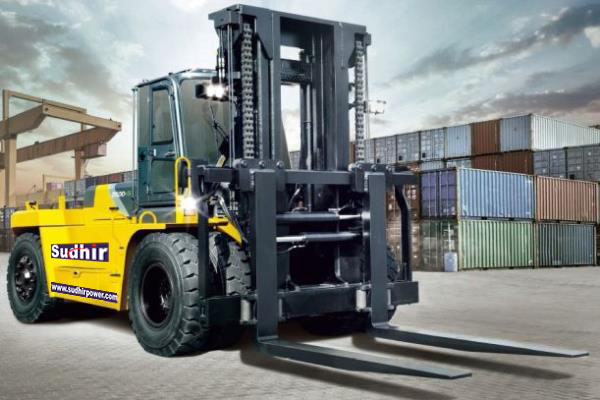Heavy equipment rental is a widespread practice in the industrial and construction sectors. It gives companies the freedom to acquire the equipment they require without having to commit to long-term ownership. However, to ensure a smooth and mutually beneficial rental experience, it’s crucial to understand and navigate the rental agreements and contracts associated with heavy equipment. In this article, we’ll explore some key points to help you navigate these agreements effectively.
Define Your Equipment Needs
Having a comprehensive understanding of the equipment that you require is necessary before entering into rental agreements. It is necessary to determine the type of machinery, its size, and the parameters that are required for your project. If you have a well-defined list, it will be simpler for you to explain your requirements to the rental company and will assist you in avoiding incurring fees that are not necessary.
Choose The Right Rental Company
Selecting the right rental company is paramount to a successful equipment rental experience. Research and compare different rental providers in your area. Consider factors such as the types of available heavy equipment for rent , reputation, rental rates, and proximity to your project site. Reading online reviews and asking for recommendations can be valuable in making an informed decision.
Read And Understand The Rental Agreement
Once you’ve chosen a rental company, they will provide you with a rental agreement. Take the time to read and understand every clause in the agreement. This document outlines the terms and conditions of the rental, including rental duration, rates, maintenance responsibilities, and liability. If any part of the agreement is unclear, don’t hesitate to ask for clarification from the rental company or legal counsel.
Determine Rental Duration
The rental duration is a crucial aspect of the agreement. Determine how long you will need the equipment and negotiate the rental period accordingly. It’s essential to balance your project timeline with the rental costs, as longer rental durations typically come with reduced daily or weekly rates. However, be cautious not to commit to a longer rental period than you genuinely need, as this can result in unnecessary expenses.
Understand Maintenance And Repairs
Maintenance and repair responsibilities should be clearly defined in the rental agreement. Determine whether the rental company or your team will be accountable for routine maintenance and repairs. Typically, rental companies are responsible for the equipment’s overall condition, but you may still need to perform daily maintenance tasks. Understanding these obligations will help you avoid disputes and unexpected costs during the rental period.
Insurance And Liability Coverage
Discuss insurance and liability coverage with the rental company. Ensure that you understand who is responsible for insuring the equipment and under what circumstances. It’s common for rental companies to provide insurance coverage for their equipment, but the terms and coverage limits can vary. Verify the extent of coverage and consider additional insurance if necessary to protect your interests.
Review Termination And Return Procedures
Before signing the rental agreement, review the termination and return procedures outlined in the contract. Understand how and when you should return the equipment at the end of the rental period. Pay close attention to any penalties or fees associated with early termination or damage to the equipment. Knowing these procedures in advance will help you plan for a smooth equipment return process.
Conclusion
Renting heavy equipment for a construction or industrial project requires understanding rental agreements and contracts. Follow these seven tips for a clear and beneficial renting experience. Consider your equipment needs, identify the correct rental firm, read and understand the rental agreement, determine the rental time, discuss maintenance and repair, insurance and liability coverage, and termination and return processes. With smart planning, you can maximize your heavy equipment hire and minimize issues.
